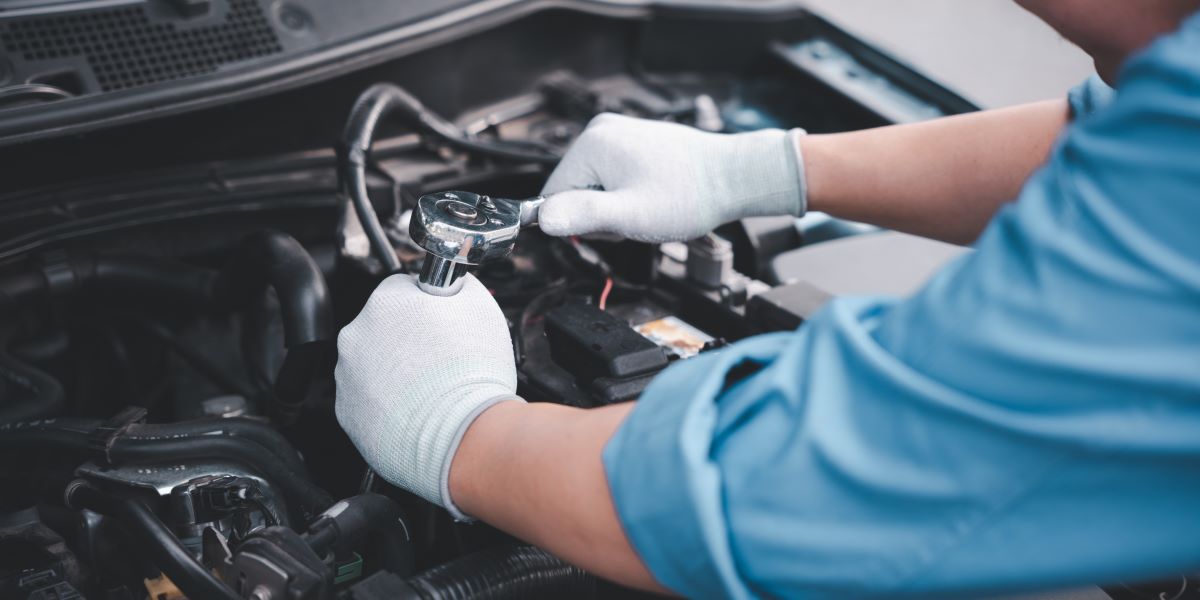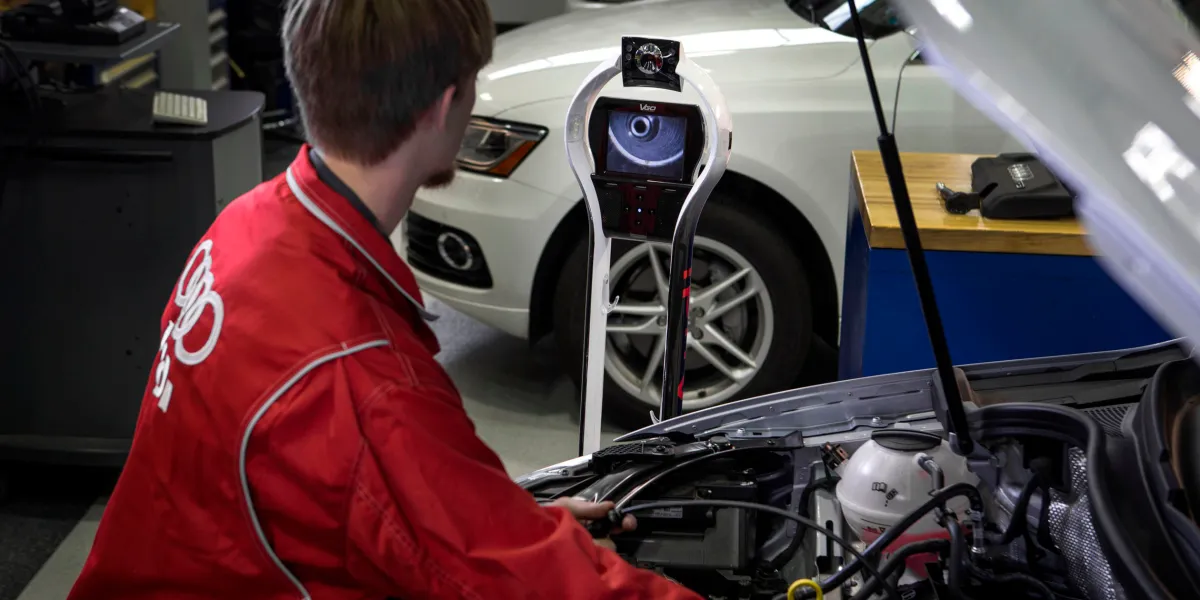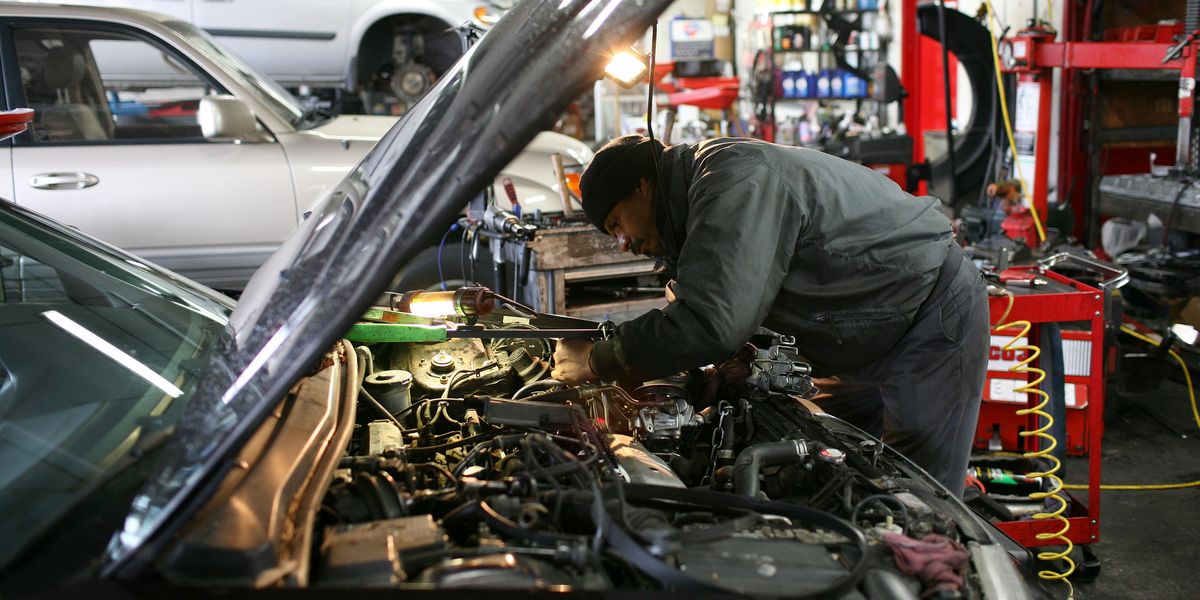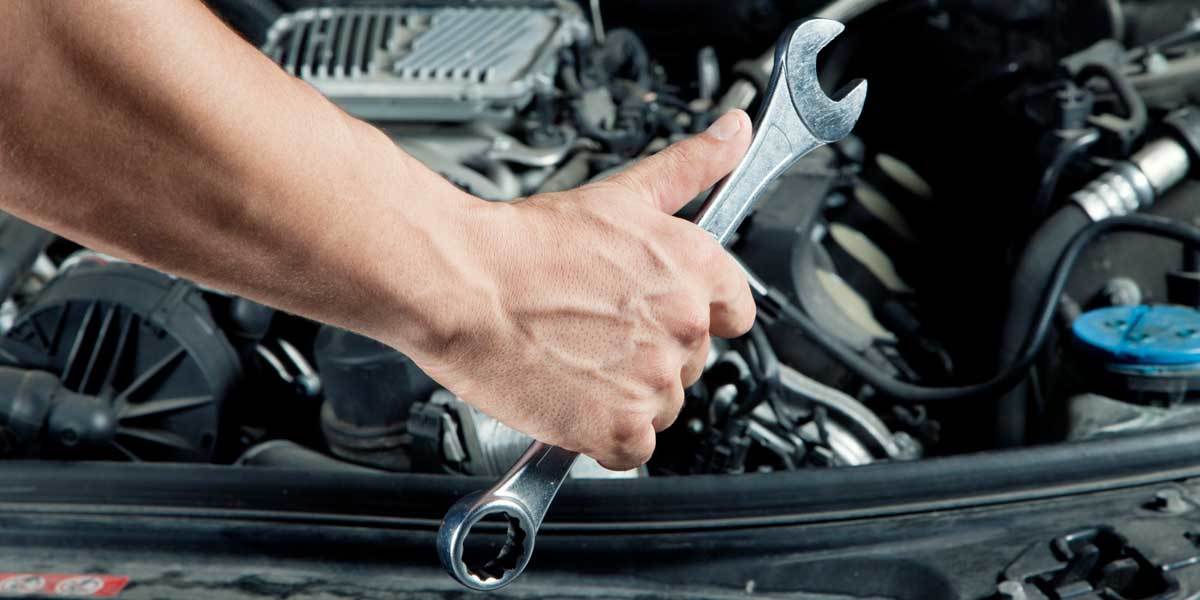
Keeping Your Vehicle in Prime Condition by knowing Science of Car Repair
In the modern world, cars are an indispensable part of our lives, facilitating our daily commutes, road trips, and countless other activities. However, as with any complex machinery, cars require regular maintenance and occasional repairs to ensure they remain safe, reliable, and efficient. Understanding the basics of car repair is not only empowering but can also save you time and money in the long run. In this comprehensive guide, we delve into the art and science of car repair, covering essential maintenance tasks, common issues, and when it’s time to seek professional help.
Understanding Your Vehicle
Before diving into the intricacies of car repair, it’s crucial to have a basic understanding of how your vehicle works. Modern cars are complex systems comprised of numerous components, each playing a vital role in its operation. From the engine and transmission to the suspension and brakes, every part works in harmony to keep your car running smoothly.
Routine Maintenance
Regular maintenance is key to prolonging the lifespan of your vehicle and preventing costly repairs down the line. Here are some essential maintenance tasks that every car owner should perform:
Oil Changes: Engine oil lubricates the internal components of your engine, preventing wear and tear. Regular oil changes, typically every 5,000 to 7,500 miles, are essential to keep your engine running smoothly.
Tire Rotation and Balancing: Uneven tire wear can affect your car’s handling and fuel efficiency. Rotate your tires every 5,000 to 7,500 miles to ensure even wear and balance them to prevent vibrations at high speeds.
Brake Inspection: Brakes are critical for your safety on the road. Inspect your brake pads, rotors, and brake fluid regularly, and replace worn components promptly to maintain optimal braking performance.
Fluid Checks: Your car relies on various fluids, including coolant, transmission fluid, and brake fluid, to operate efficiently. Check fluid levels regularly and top them up as needed to prevent overheating and component damage.
Common Car Repairs
Despite regular maintenance, cars are bound to experience issues from time to time. While some repairs require professional expertise, many common problems can be addressed by DIY enthusiasts. Here are a few common car repairs you may encounter:
Battery Replacement: Over time, car batteries lose their ability to hold a charge, leading to starting problems. If your car struggles to start or the battery is more than five years old, it may be time for a replacement.
Spark Plug Replacement: Spark plugs ignite the air-fuel mixture in your engine’s cylinders, ensuring proper combustion. Worn or fouled spark plugs can cause misfires, rough idling, and decreased fuel efficiency. Replace your spark plugs according to your vehicle manufacturer’s recommendations.
Air Filter Replacement: The air filter prevents dirt and debris from entering your engine, ensuring clean air for combustion. A dirty air filter can restrict airflow, leading to decreased performance and fuel efficiency. Replace your air filter every 12,000 to 15,000 miles or as needed.

Thermostat Replacement: The thermostat regulates the temperature of your engine by controlling the flow of coolant. A malfunctioning thermostat can cause your engine to overheat or run too cold, leading to poor performance and potential damage. Replace your thermostat if you notice temperature fluctuations or coolant leaks.
When to Seek Professional Help
While DIY repairs can save you money, some issues are best left to professionals. If you encounter any of the following problems, it’s advisable to seek the expertise of a qualified mechanic:
Transmission Issues: Problems with your transmission, such as slipping gears, delayed shifting, or unusual noises, require specialized knowledge and equipment to diagnose and repair.
Electrical Problems: Issues with your car’s electrical system, including malfunctioning lights, power windows, or a dead battery, often require diagnostic tools and expertise to pinpoint and fix.
Suspension and Steering Problems: Worn suspension components or steering issues can affect your car’s handling and safety. Proper diagnosis and repair of these issues require specialized knowledge and equipment.
Engine Troubles: Major engine problems, such as knocking noises, excessive smoke, or loss of power, often require thorough inspection and repair by a trained technician.
Advanced Repairs: Taking Your Skills to the Next Level
Once you’ve mastered the basics of car repair and feel confident in your abilities, you may want to explore more advanced repairs to tackle complex issues and further enhance your automotive knowledge. Advanced repairs encompass tasks that require specialized tools, technical expertise, and a deeper understanding of your vehicle’s inner workings. Examples of advanced repairs include diagnosing and repairing electrical gremlins, overhauling a worn-out suspension system, or rebuilding a malfunctioning transmission.
Before embarking on advanced repairs, it’s crucial to equip yourself with the necessary tools and resources, such as factory service manuals, diagnostic equipment, and access to online forums or communities for guidance and support. Additionally, consider enrolling in automotive repair courses or workshops to enhance your skills and stay up-to-date with the latest technologies and techniques. While advanced repairs may be challenging, they offer a rewarding opportunity to expand your capabilities and tackle complex issues with confidence.

Conclusion
Car repair is both an art and a science, requiring a combination of technical expertise and practical skills. By understanding the basics of car maintenance and common repairs, you can keep your vehicle in prime condition and minimize unexpected breakdowns. Whether you’re performing routine maintenance or tackling more complex issues, knowing when to DIY and when to seek professional help is essential for keeping your car running smoothly for years to come.



Recent Comments